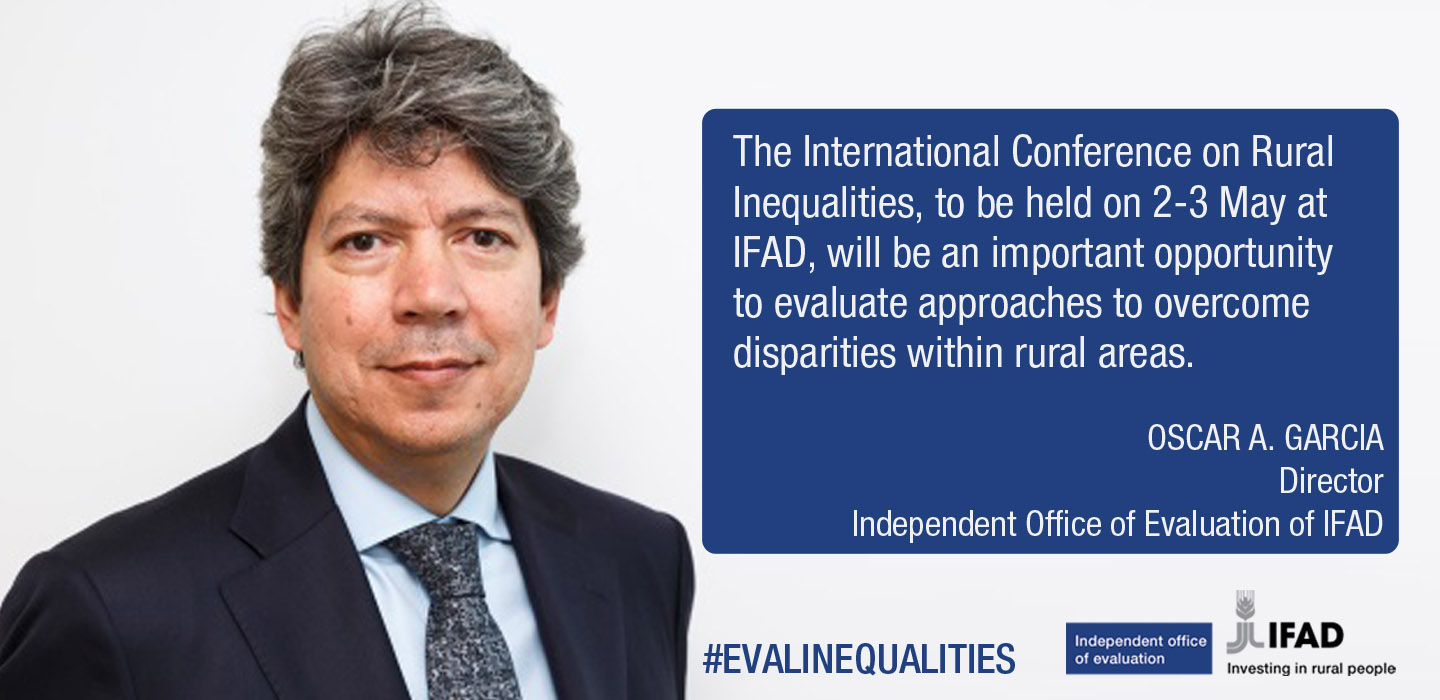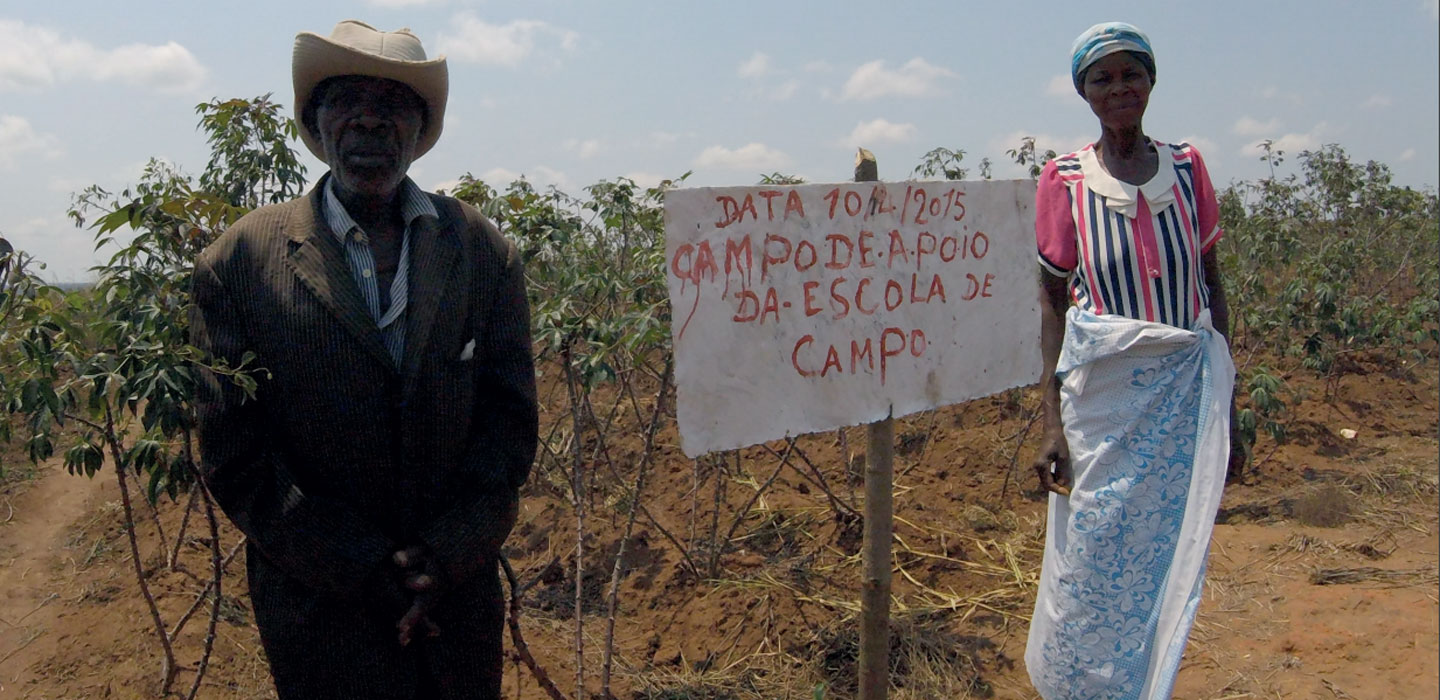Oscar A. Garcia, Director of the Independent Office of Evaluation, part of the IFAD delegation visiting Ethiopia - IOE
Members of the Executive Board and senior staff of the International Fund for Agricultural Development (IFAD) travelled to Ethiopia from 14 to 18 May 2018 to visit the Participatory Small Scale Irrigation Development Programme, Rural Financial Intermediation Programme and Pastoral Community Development Project, co-funded by IFAD and the Ethiopian Government. The delegation also met with high-level government officials, representatives of the United Nations system in Ethiopia and other international financial institutions working in the country.
This offered the Executive Board an opportunity to hold direct discussions with beneficiaries and their groups, project staff, government authorities and others, as well as to see project activities on the ground. Oscar A. Garcia, Director of the Independent Office of Evaluation of IFAD (IOE) was one of the high officials who accompanied the delegation.
Ethiopia has IFAD’s largest portfolio in Africa. Implementation performance is generally impressive, thanks to the strong leadership, a high degree of accountability and efficiency in the administrative system. Since 1980, IFAD has invested US$602.5 million in 18 programmes and projects in Ethiopia with an overall cost of US$1,374.5 million and benefiting 11 million households. IFAD has also provided US$28 million in debt relief under the Heavily Indebted Poor Countries Debt Initiative.
The objectives of the country visit were to strengthen the partnership between IFAD’s Executive Board, the Government and IFAD Management; to reflect on the portfolio’s progress; and to discuss the way forward and future collaboration.
Mr Garcia delivered a presentation on the IOE 2016 country programme evaluation of IFAD-funded operations in Ethiopia. The main recommendations refer to: (1) focus on fewer thematic areas, (2) use longer-term programmatic approach to lending, (3) sharpen the focus on non-lending services, and (4) enhance strategic partnerships.
The nine members of the Executive Board who visited the project are representatives from Algeria, Cameroon, China, Brazil, Kenya, Nigeria, Mexico and Pakistan.

